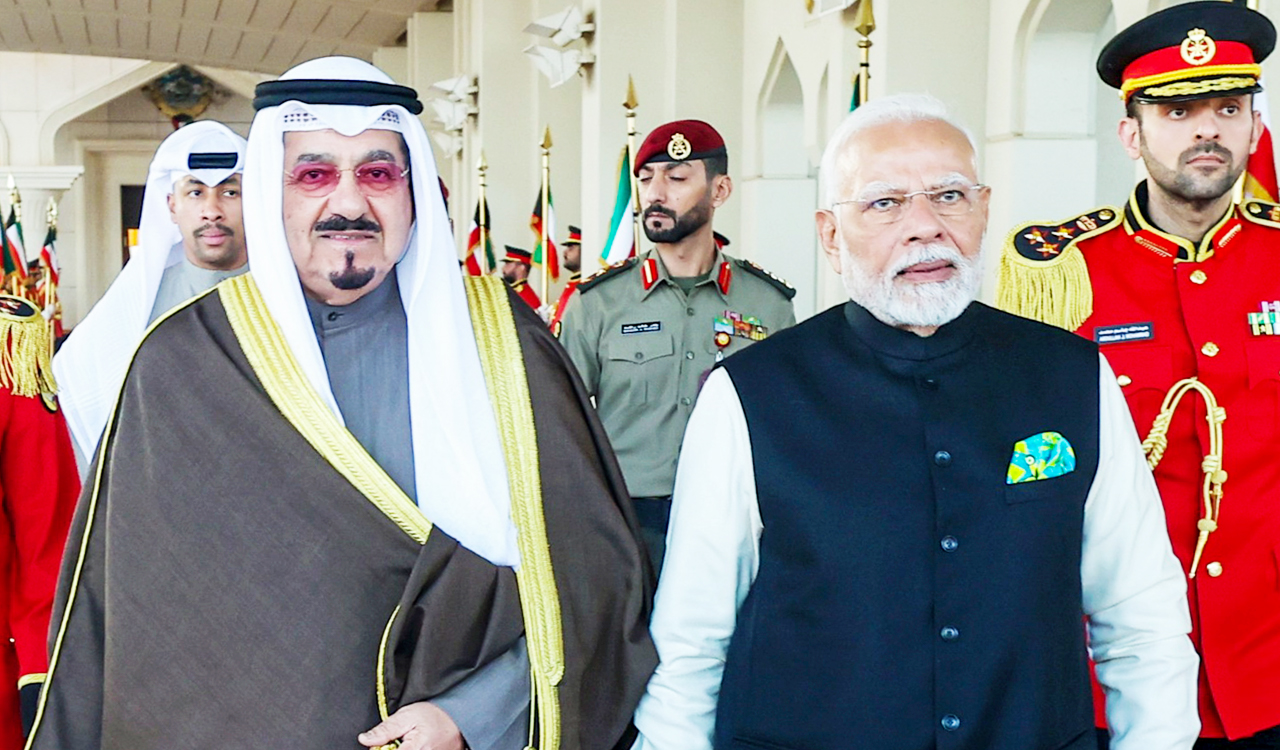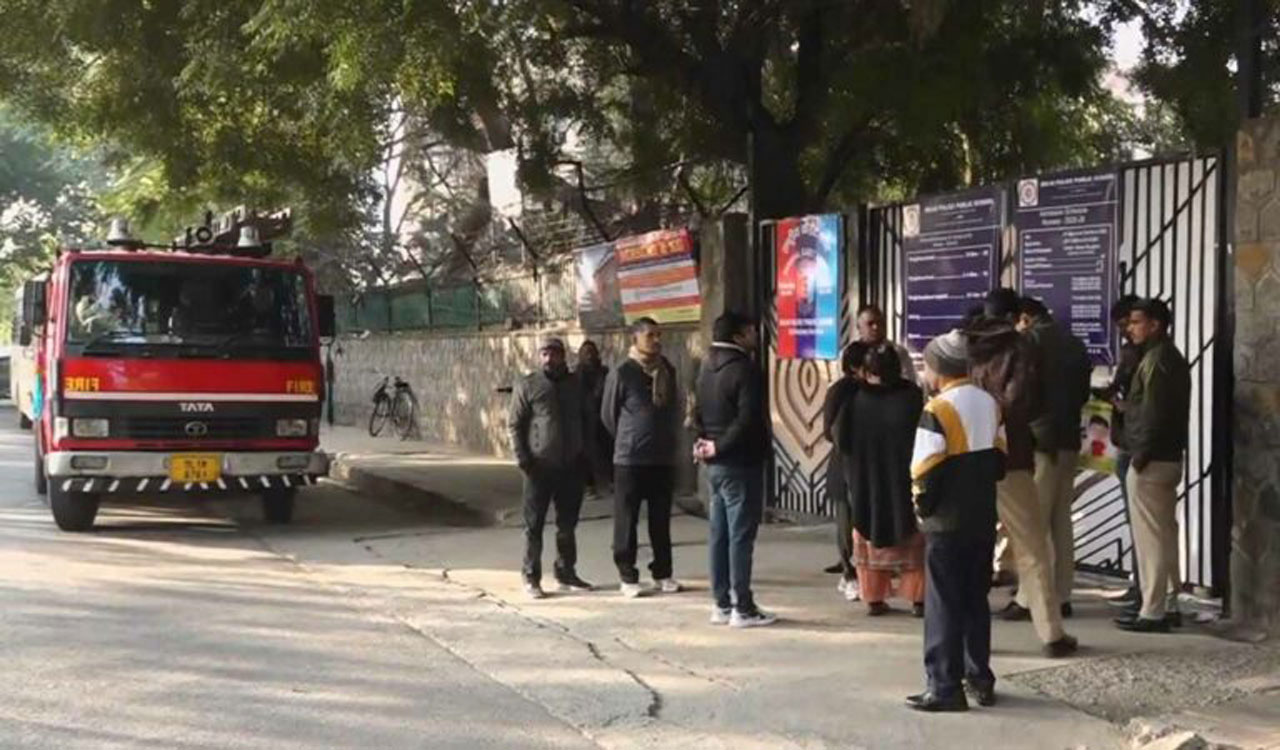Editorial: Terror from the sky
The drone attack on IAF station, despite ceasefire with Pakistan, shows that the terror modules are very much active

A new, ominous dimension of the Pakistan-backed terrorism model was on display in the attack on the Indian Air Force (IAF) station at Jammu when low-flying drones were used for the first time to drop the improvised explosive devices (IEDs). Though there has been no human loss in the latest assault, the tactics, used by suspected Jaish-e-Mohammad operatives, must ring alarm bells in the Indian security establishment. The timing of the mission is significant as it comes close on the heels of New Delhi’s political outreach in Jammu & Kashmir and the ongoing preparations to hold Assembly elections. The terrorists and their handlers from across the border wanted to send a message that they can strike even a high-security defence installation. The devices used in the Jammu operation were probably crude technology demonstrators, but they nevertheless put all military and other sensitive deployment on notice. Deploying unarmed drones capable of delivering a payload of explosives up to a standoff distance has been the dream of the terrorist groups as it would amount to changing the complexity and direction of hybrid war. The fact that the daredevilry attack took place despite the ceasefire with Pakistan shows that the terror modules, encouraged by the military establishment, are very much active and that the civilian government in Islamabad has no control over them. It appears that the non-state actors are trying to assert themselves and are out to sabotage any attempts to normalise the bilateral relations. Sunday’s attack also comes as a reminder of the chinks in India’s security setup. There is a need for a thorough review of the security preparedness, particularly at vital defence installations, and initiate corrective measures.
Since drone technology is easily accessible, there is a possibility of it being deployed by terror groups. While taking every possible step to enhance internal security to thwart such designs, India needs to continue to pursue the path of dialogue with openness. On its part, the Imran Khan government must come clean on the issue of terrorism and demonstrate its commitment, in clear and measurable terms, to stamp out terrorism from its soil. It must realise that it still carries the tag of the ‘grey list’ of the FATF (Financial Action Task Force), the United Nations anti-terror watchdog, and the international community is keenly watching how it will implement the mandated action plan to stop terror funding and money laundering. Despite provocative actions from terror outfits, India must stay on course and continue its diplomatic initiatives aimed at playing a constructive role in the emerging political scenario in Afghanistan, maintaining peace at the Line of Control (LoC) with Pakistan and restoring normalcy in Jammu & Kashmir through political engagement with the mainstream parties.
Now you can get handpicked stories from Telangana Today on Telegram everyday. Click the link to subscribe.
Click to follow Telangana Today Facebook page and Twitter .
Related News
-
Save future of Telangana NEET PG aspirants, IMA writes to CM Revanth Reddy
40 mins ago -
Telangana techie loses Rs 4.15 lakh to online gold trading fraud
1 hour ago -
Hyderabad: Couple working as house help at doctor’s residence held for theft
1 hour ago -
Hyderabad auto driver foils attempt to kidnap young woman, five held
2 hours ago -
Haiti gang attack on journalists covering hospital reopening leaves 2 dead, several wounded
3 hours ago -
21 dead as Mozambique erupts in violence after election court ruling
4 hours ago -
Cartoon Today on December 25, 2024
11 hours ago -
Sandhya Theatre stampede case: Allu Arjun questioned for 3 hours by Chikkadpallly police
12 hours ago




